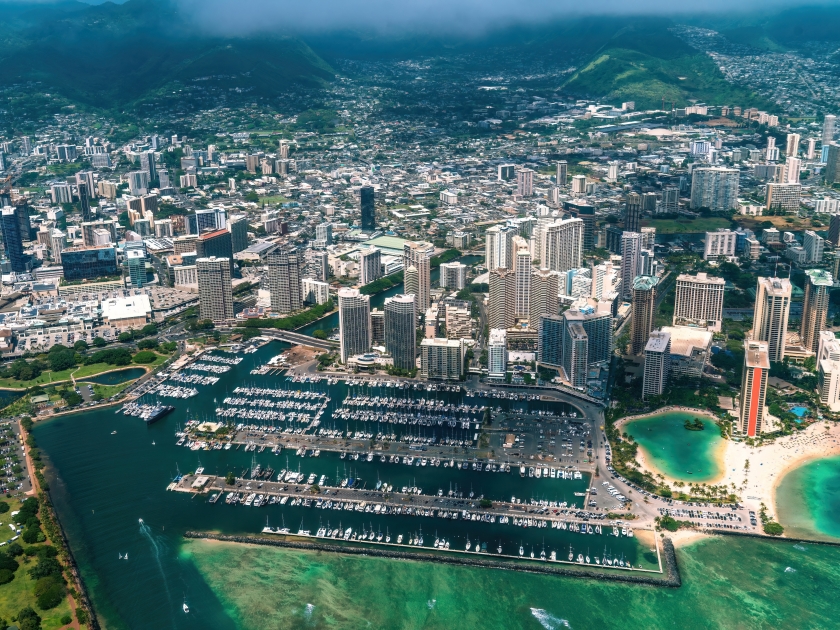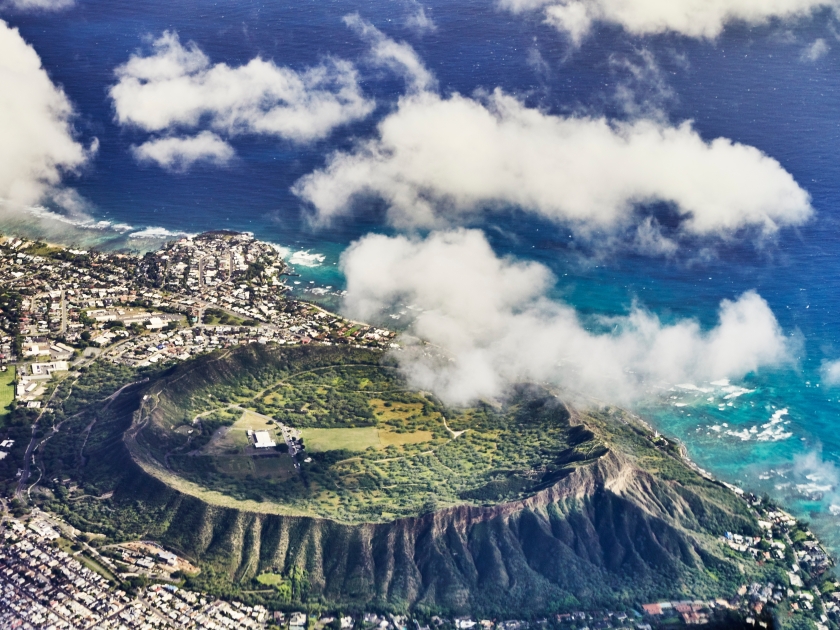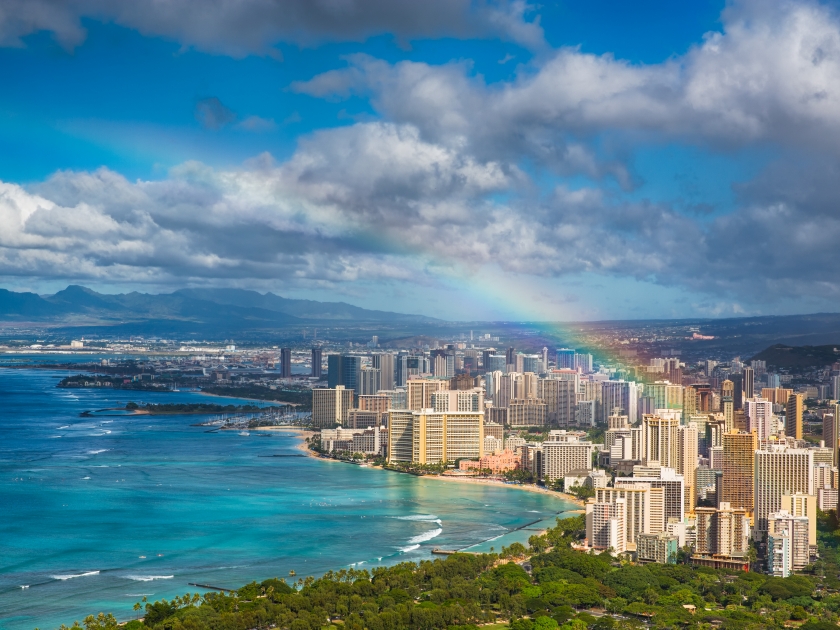Honolulu, the vibrant capital of Hawaii, is a place rich in history and culture, embodied by its very name. Understanding the meanings behind place names like Honolulu offers a deeper appreciation of their historical and cultural contexts, providing insight into the identities and heritage of the areas. This article delves into the etymology, historical background, and cultural significance of Honolulu, exploring how its name has shaped its identity and continues to influence its modern-day perception.
The Etymology of Honolulu

The name “Honolulu,” meaning “sheltered harbor” or “calm port,” elegantly captures the essence of Hawaii’s capital, nestled on the southern shore of the island of Oahu. This name reflects the natural geography of the region—its protected coastal waters that have historically provided safe anchorage for fishing and trading vessels. Historical records suggest that the name was in use by the early 19th century, with references to it in the journals of visiting seamen and traders who frequented the port and recognized its strategic and practical significance as a natural haven from the often tumultuous Pacific.
Historical Context of Honolulu
From its early days as a simple fishing village, Honolulu evolved into a key port city, crucial for both local and international trade routes across the Pacific. By the mid-19th century, it was established as the capital of the Kingdom of Hawaii, cementing its status as a political and economic center. The name “Honolulu,” meaning “sheltered harbor,” not only highlights the area’s geographical advantage but also its historical role as a haven and gathering place for diverse peoples. This protective and welcoming characteristic shaped its development and played a pivotal role in its history, helping it grow into the bustling, cosmopolitan city it is today.
Cultural Significance of the Name
In Hawaiian tradition, names are imbued with mana, or spiritual energy, and are considered to reflect the essence and history of a place. The name “Honolulu,” which translates to “sheltered harbor,” carries significant cultural weight, symbolizing protection and hospitality—core values in Hawaiian culture. This naming encapsulates the city’s role as a sanctuary and a crossroads of the Pacific, influencing both its identity and the perception others have of it. For locals, it’s a reminder of their homeland’s storied past and enduring significance; for visitors, it evokes a sense of peace and welcome, enhancing their connection to this unique cultural landscape.
Honolulu in Native Hawaiian Language
The Hawaiian language, or ʻŌlelo Hawaiʻi, is an integral part of the island’s heritage and has seen a significant revival since its near disappearance in the 20th century. This revival has been critical in reinforcing Hawaiian identity and reconnecting the people with their cultural roots. In the context of Honolulu, several native terms are pivotal in understanding the city’s cultural landscape. For example, the term “Moana,” meaning ocean, reflects the deep connection of Honolulu with the sea, and “awa,” meaning harbor, underscores the city’s role as a haven and meeting point.
Major Landmarks and Their Names in Honolulu

Honolulu is home to an array of iconic landmarks, each with names deeply rooted in Hawaiian culture and history. Pearl Harbor, known as Wai Momi, meaning ‘Pearl Waters,’ historically signifies the abundance of pearls once found in its depths. Diamond Head, or Lēʻahi, derived from ‘lae’ meaning ‘brow’ and ‘ahi’ meaning ‘tuna,’ resembles the fin of a tuna fish from certain angles.Iolani Palace, or ‘Hale Aliʻi,’ meaning ‘House of the Chief,’ stands as a symbol of the Hawaiian monarchy’s past grandeur. These names narrate stories and traditions, contributing profoundly to the cultural heritage of Honolulu, linking the past with the present, and enriching the identity of the city for both residents and visitors alike.
Honolulu Today

Today, Honolulu stands as a dynamic fusion of its historical roots and modern advancements, attracting millions of tourists each year while serving as Hawaii’s primary economic hub. The name “Honolulu,” with its connotations of a sheltered and welcoming harbor, continues to reflect the city’s role as a haven for diverse cultures and a gateway between the East and West. This enduring significance is evident in its thriving arts scene, multicultural population, and robust industries ranging from tourism to international business. The spirit of “Honolulu” encapsulates both the physical safety provided by its geographic location and the warm, inclusive atmosphere that defines its community, maintaining its relevance and appeal in the contemporary era.
Names are Echoes of History and Culture!
In Honolulu, each name tells a story—of its lands, its people, and its spirit. Understanding these names can deeply enrich one’s experience, bridging the past with the present and offering a richer, more meaningful connection to the city. For both residents and visitors, the name ‘Honolulu’ is an invitation to explore and appreciate the rich cultural tapestry of this island capital. Step into the story of Honolulu, where every corner tells a tale, and let the true beauty of this city unfold before you.




